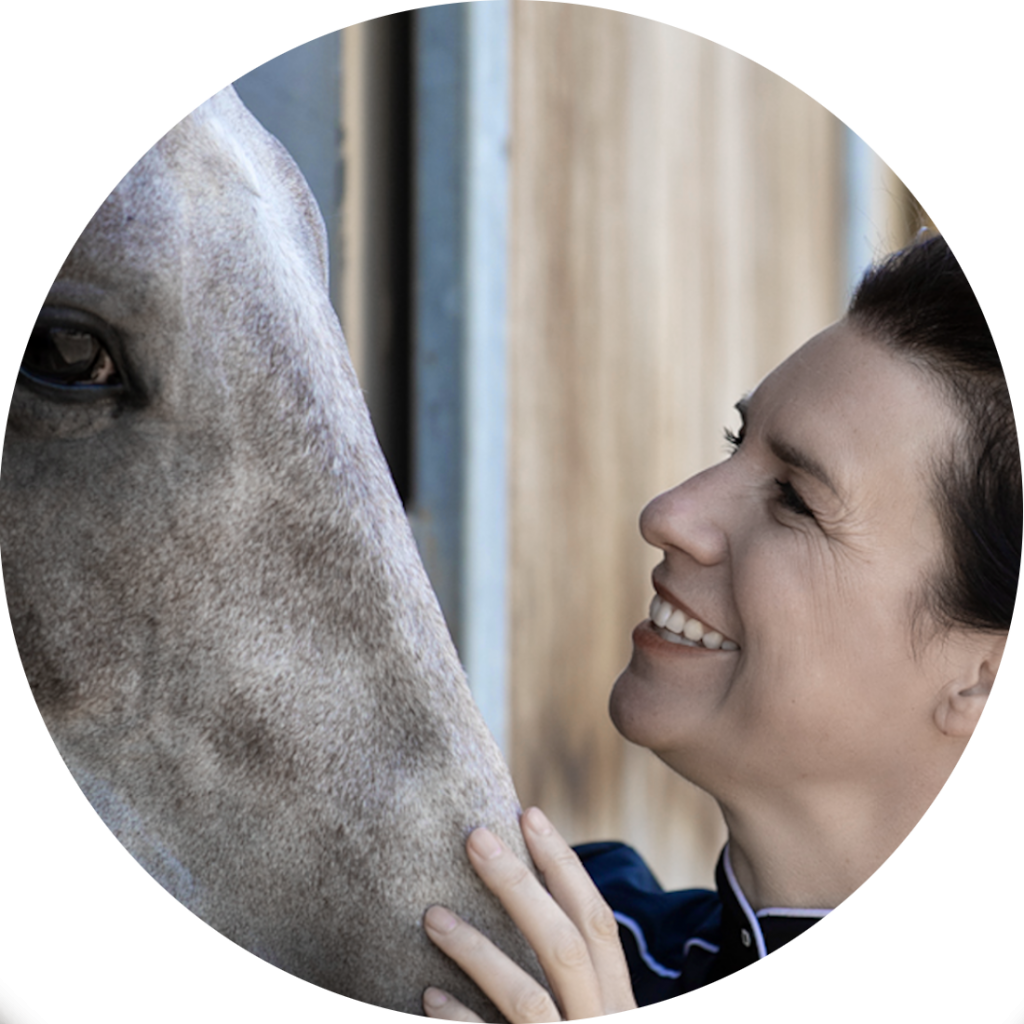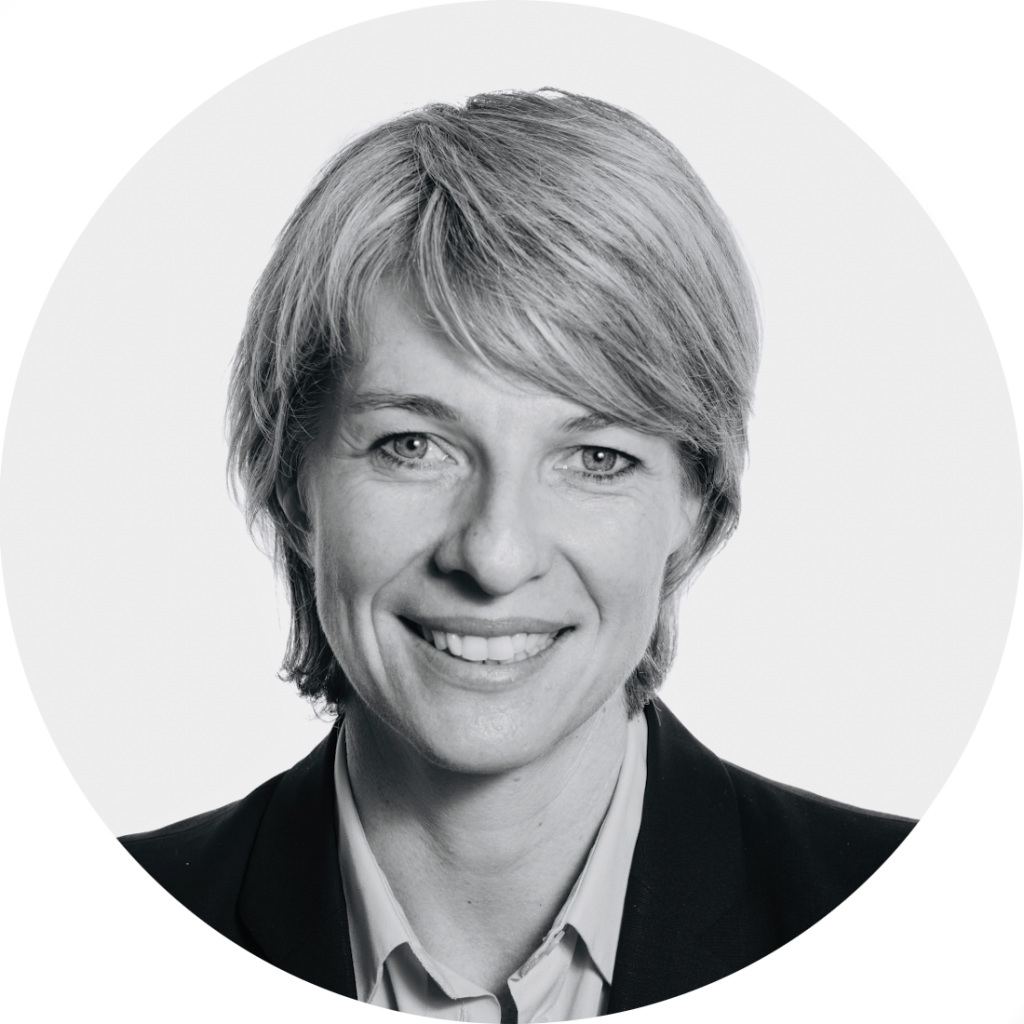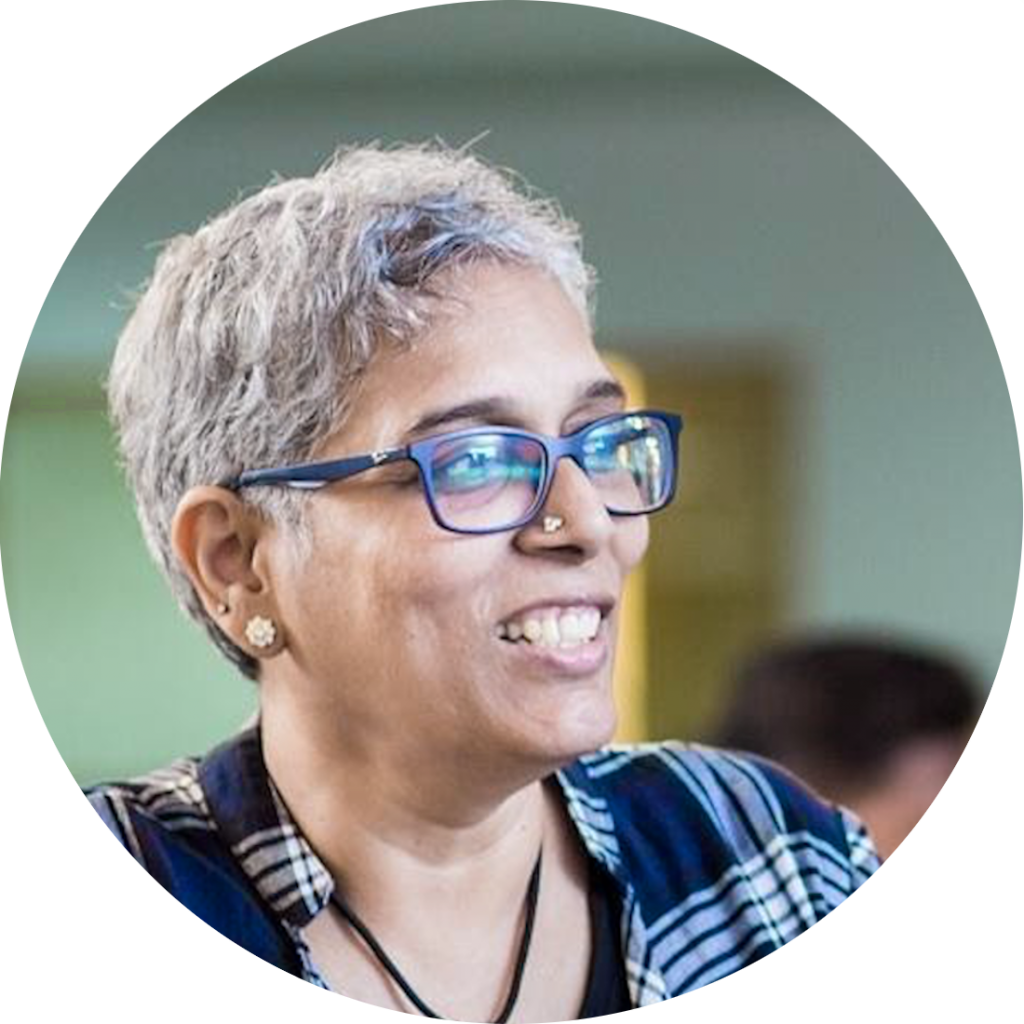🔖 PRESENTATION
Paper (parallel)
📆 DATE
Friday 10 Sep 2021
⏰ MELBOURNE TIME
11.00 am - 1.00 pm
⏰ LOCAL START TIME
time start

Mr Boudewijn Bertsch
Leadership Development and Organisational Change Consultant, USA
Boudewijn Bertsch holds a master’s degree in business economics and sociology from the faculty of economics of Erasmus University Rotterdam. He is an international Leadership Development and Organisational Change consultant and a certified somatic coach. He has been studying complexity science and neurobiology for the past 30 years and uses these insights in his workshops and coaching practice. He lives in Brooklyn, NY, with his wife Riva Greenberg.

Ms Sonja Blignaut
Sensemaking Partner, South Africa
Sonja Blignaut has been working in the field of complexity since 2001. She has a deep grounding in various narrative – and systems coaching methodologies as well as Systems Psychodynamic theory and practice. She holds a degree in Meteorology. She is a sought after international speaker and sense-making partner, based in South Africa.

Ms Zhen Goh
Sensemaking Partner, Singapore
Zhen Goh is a Social Anthropologist by training, she has conducted research in the areas of Cultural Studies, Urban Planning, Organization Studies, the Culture of Intimacy and Social Movements. She has worked on a wide variety of trans-disciplinary research, and is currently engaged in projects which range from an NSF-funded grant to understand how to enhance socio-technical resilience in a post-Maria Puerto Rico, to assisting a global development agency in their attempts to introduce innovation into their working culture to evolve how development is conducted.
Mapping the narrative landscape of “unknowingness”
In this paper, we explore and propose a method of enquiry that can reveal hidden or unspoken feelings, perceptions, and narratives of individuals that can illuminate patterns from the collective, group, or organisation they belong to. We seek to avoid the false dichotomy of the individual vs the collective through this method and embrace the liminal “and” space.
In particular, we are interested in exploring the dynamics arising in this liminal spectrum between “the self” (individual) and “the collective”, in the context of uncertainty. What happens when humans are confronted with novelty, which introduces the need to learn and confront “unknowing”, and how might those responses be contained and worked with in generative ways?
Many coaching and organisational change and development approaches focus on creating change one individual at a time. For example, through training (e.g. unconscious bias training, leadership development) or re-framing and re-authoring of individual narratives or beliefs. Social neuroscience and social psychology make it clear that social systems have memory and agency that have a profound effect on the behaviour, and the conscious and unconscious beliefs of individuals. In order to understand the dynamics that enable or inhibit change and learning, we propose to map the social “memory-narrative” ecology of the organisational system.
We do this by capturing the individual narratives from the organisation’s members within self-signification frameworks, thereby combining qualitative and quantitative data. Respondents themselves, and not “third-party consultants or analysts,” interpret their narrative responses i.e. they signify the meaning of their narratives. Once we have this authentic response, we can discern contextual patterns to gain insight into individual and collective behavior. Our method of inquiry makes it possible to better inform (change) interventions and policy formation because of deeper insight into the narrative landscape of lived experiences and unconscious meaning-making processes.
Our paper will discuss narrative enquiry as an approach to surfacing underlying influences of patterns of behaviour and decision-making. The approach we present involves prompting participants to share experiences and anecdotes in response to non-hypothesis questions and then self interpret these experiences onto high abstraction signifiers that form geometric shapes. The shapes provide ambiguity and abstraction, inviting participants to interpret these experiences beyond the literal. This signification provides a quantitative basis for creating narrative landscapes that can visualise deeper systemic dispositions that go beyond the obvious. In this way we want to contribute to the conference’s theme of “Not knowing and Coming to Know.”
This mapping of a field of (un)knowingness across diverse people and perspectives creates deeper insight and a more authentic sense of reality than more conventional inquiry methods. It can reveal the hidden dynamics that frustrate change and adaptive capacity within individuals and/or collectives. Having this view brings decision-makers closer to the lived individual and collective experiences and becomes the intervening variable for leaders who want to contain anxiety responses and positively influence the course of the organisation. Those who lead change interventions can use these insights to find “adjacent possibilities,” that may already be present in parts of the organisation. These in turn can then inform small nudges to shift attitudes and behaviors as opposed to forcing or imposing behaviour change.
We approach and ground this exploration using a multidisciplinary perspective, weaving together theories and practices from the fields of complexity science, anthropology, social psychology, narrative, psychodynamic and neurobiology, including the polyvagal theory.
⏰ DURATION
120 minutes
Day(s)
:
Hour(s)
:
Minute(s)
:
Second(s)
Session schedule
5 MINS
Introduction
30 MINS
Paper presentation
20 MINS
Small group discussion; impressions of the paper and developing questions for the presenter
20 MINS
Discussion forum with the presenter; moderated for the speaker to elaborate their ideas
10 MINS
Discussion forum with the presenter; themes from the discussions
5 MINS
Break
30 MINS
Whole symposium open reflection discussion
Share this presentation!
Parallel Paper Presentations
The following are presenting at this time

DR CLARE HARDING
On the outsides of horses and the insides of men: can equine experiential learning fast-track self-awareness, and help us become better leaders and co-workers?

MS KRISTINA KARLSSON
Storm tossed but not submerged: developing individual and collective knowing through group holding environments in organisations during crises and beyond

